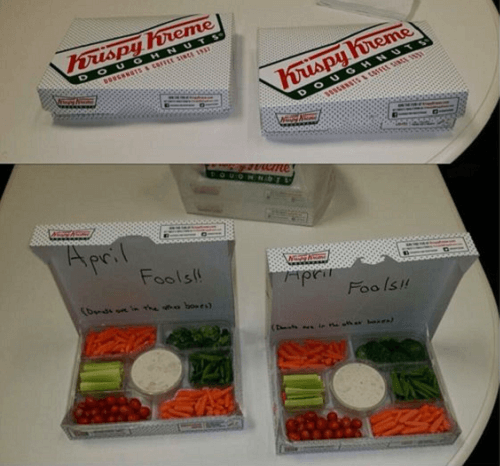The year was 2004. An ambitious, young, soon-to-be data blogger had his first internship in the IT department of a Fortune 500 company. (Impressive, I know.) I had been working there roughly three years and was considered the youngest employee in company history by at least half a decade.
It was my third year interning at the company. I’d gotten comfortable, gotten used to my routine. I had also just purchased my first car—and of course, it was a sports car. (I was 17.) Every day during the school year, I drove from school two towns over, parked in the same spot, and worked from 2:30 to 6:00, like clockwork. My department had become like family to me, treating me like the younger, red-headed stepchild, but lovingly so. I had known these people for three years at this point—same desk, same cube neighbors, same routine. I trusted these people.
Unknowingly, I had a bit of a bad habit. I always left the keys to my precious car that I loved more than anything in the world—at the time—on my desk and I’d walk around throughout the company with my keys laying exposed on the desk. One afternoon, there was an announcement made that the front parking lot was flooding due to the extreme rain going on. I grabbed the keys off my desk, as this was the lot I always parked in, and sprinted towards the exit.
I ran out the door; it was pouring. Sheer terror hit me like a punch in the face. My car wasn’t there. It’s not in its spot. Where’s my car. Where’s my car? I’m standing in the rain, soaking wet, and only thinking, Where’s my f*$&ing car?! I had thought this to be a safe area because there had never been any issues. I’d parked here a thousand times, how could anyone have stolen my car in the middle of the day? I raced back in, scrambling, not knowing what to do. I asked the receptionist if she had seen anything. Nope, not a thing. I ran back to my department to call the police.
The CTO of the company inquired as to what happened. “What’s wrong?” He asked me what was wrong. I could barely get the words out, “My car’s been stolen.”
“I’m sure you’re overreacting,” he said.
“No,” I said, “I park in the same place every day. I’m certain it’s gone. I have the keys in my hand.”
He didn’t seem too concerned, casually looking out the window near my desk.
“That looks like your car out there, doesn’t it?”
“No, that’s not mine. I don’t park there and it looks a little more beat up than mine,” I retorted. He took the keys from my hands, said, “I’m pretty sure that’s your car,” pressed the panic button, and as the car alarm went off, a calm washed over me. I’d been had. Everyone from the first floor of the office was standing just around the corner, watching my expression and chuckling—a just response to their well-executed, and might I add cruel, prank.
Now, what did I learn here, other than that my CTO knew how to drive standard? I learned that in order to be certain of something, you must have full visibility and insight to it 100 percent of the time. Just because you’re comfortable with the way you’ve done things in the past—to the point where it’s become routine you’re so comfortable with it—does not mean there isn’t any margin for error.
With all the marketers that I’ve spoken to (read: argued with), a large majority are comfortable with the way they go about collecting and validating emails. Our data’s fine. We’ve not had any problems. We have good visibility into our data. Ah yes, but I had good visibility into my car keys. Folks, the problem here is that when you’re comfortable with the way you do things, it’s human nature to let your guard down. In my case, comfort bred complacency.
Now, was what I was doing wrong? No, it wasn’t. But it did, however, leave me open to a near heart attack—much like with the marketers and retailers I mentioned earlier. When “in-house validation methodology” that marketers have gotten by with leads them to a tanking sender reputation, it can be just as panic-inducing as thinking your first car was stolen. Trust me, I’ve heard both sides.
Moral of the story: I’m not saying you’re wrong by continuing with what you’re already doing for email data quality. But maybe, just maybe, you should give it another look—and keep your keys on you at all times. Drive safely.
Learn more about not being fooled—at any time of the year.
Get started







